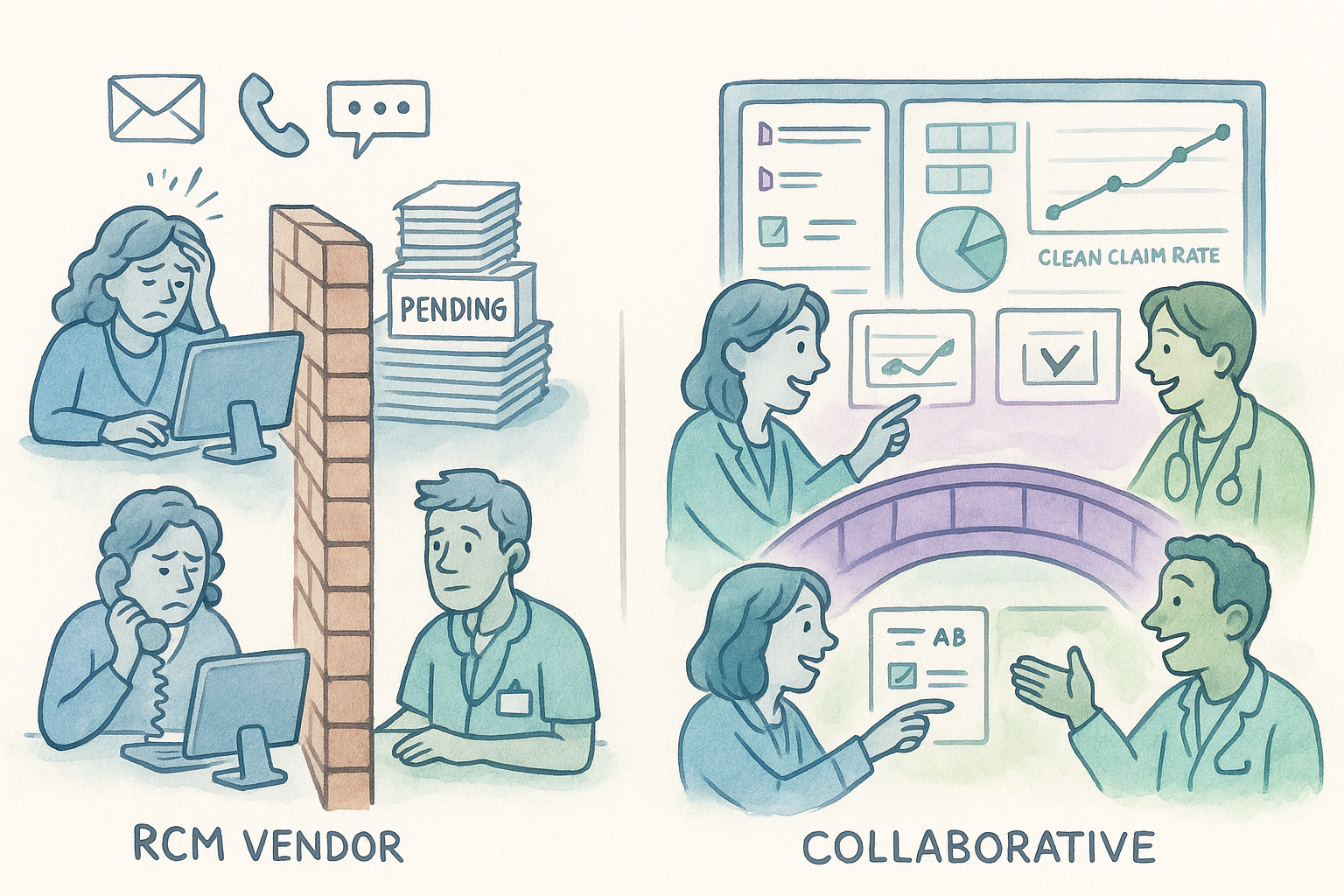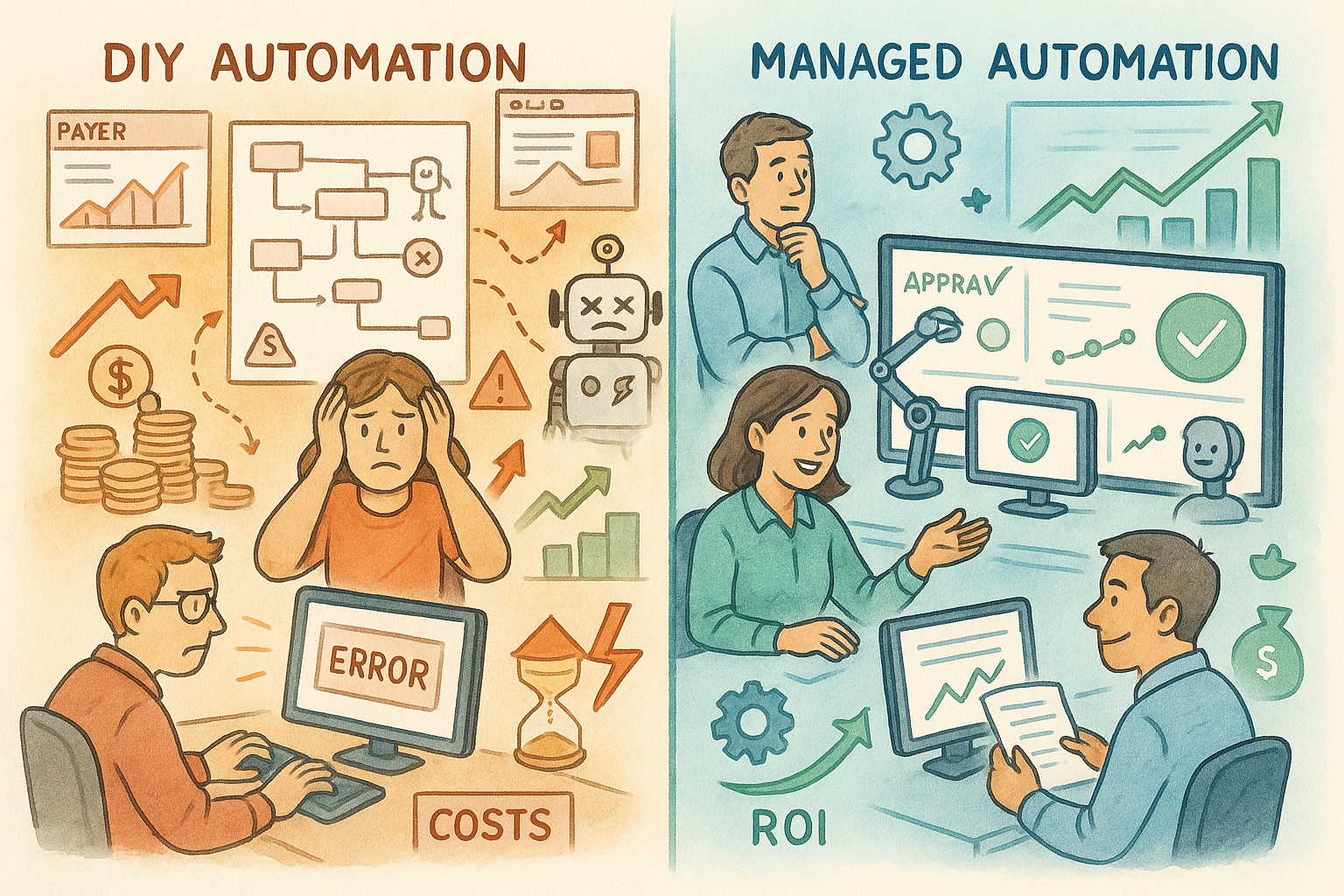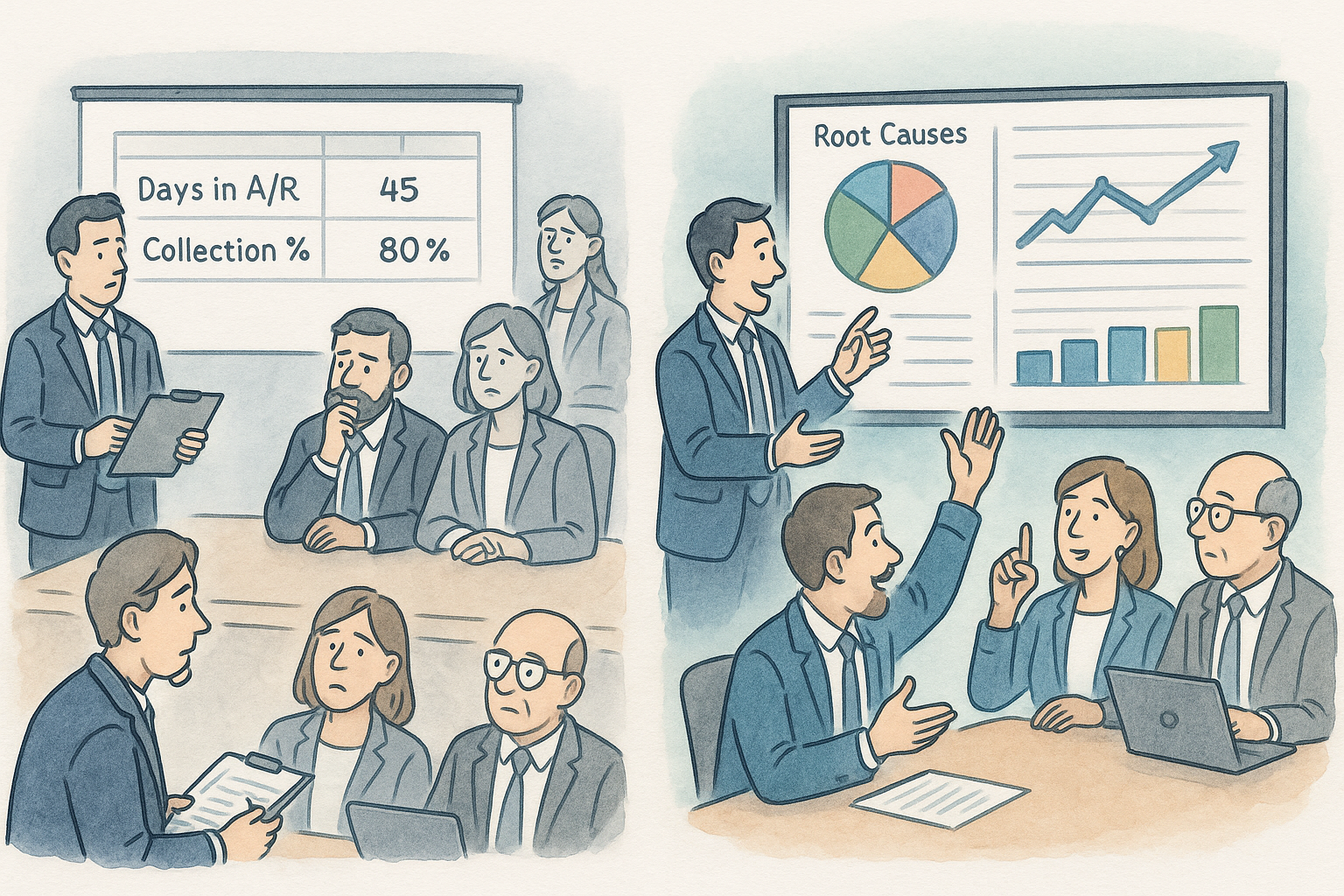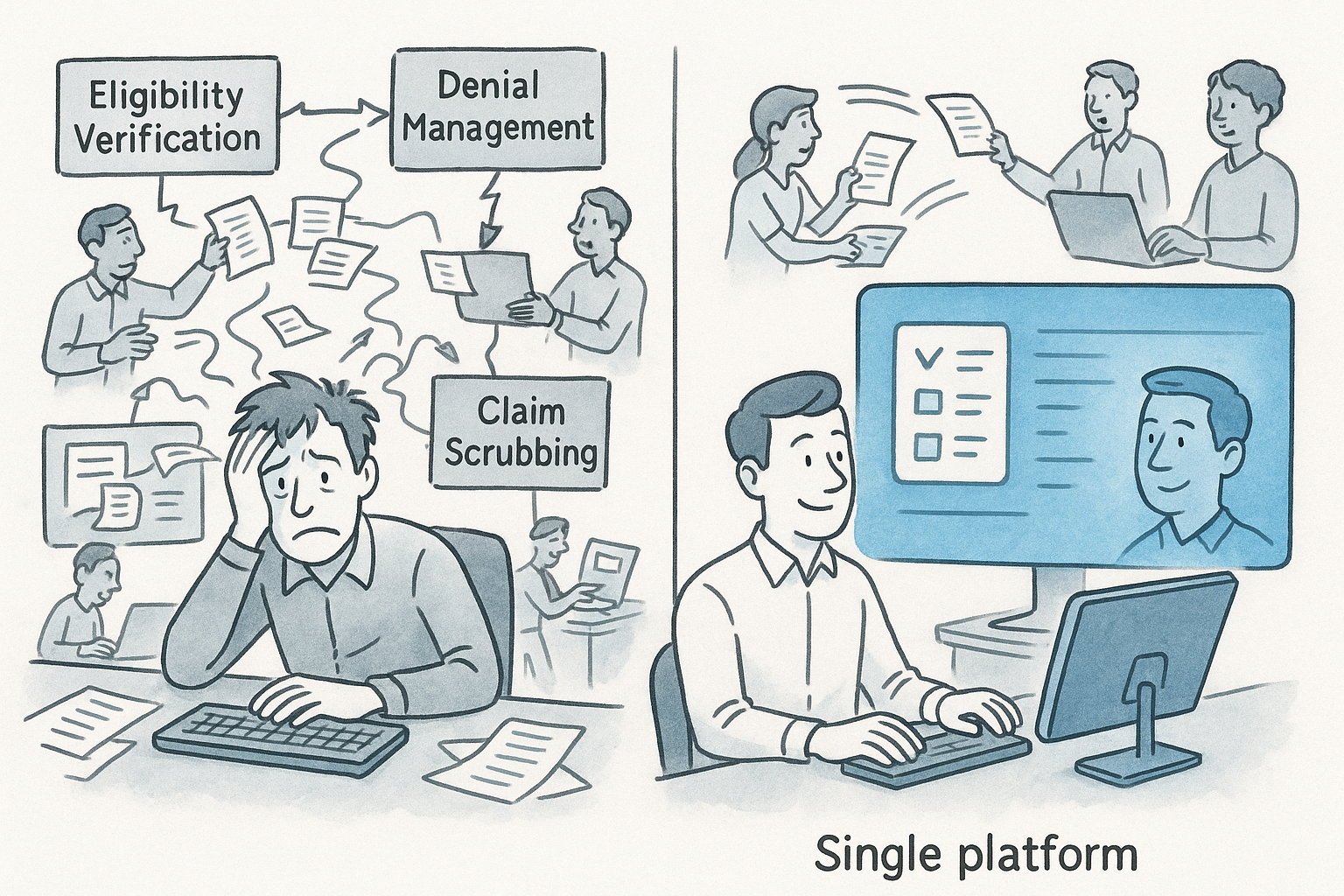The Frontline’s Crucial Role in Revenue Cycle Management: A Consultant’s Perspective
In the intricate world of Revenue Cycle Management (RCM), the frontline staff often serves as the first point of contact with patients, making their role pivotal to the success of the entire process. The conversation in our latest discussion sheds light on the essential functions of these team members and the profound impact their actions can have on the overall financial success of a healthcare organization.
The Starting Point of Success: The Frontline
When we think about the complex machinery of healthcare billing and RCM, it’s easy to focus on the back-end processes: claims submissions, denial management, and revenue reporting. However, the success of these processes hinges significantly on the accuracy and diligence of the frontline staff. They are responsible for gathering critical information—verifying insurance details, updating patient demographics, and collecting copays and deductibles. The accuracy of this information is foundational to the smooth operation of everything that follows.
Small Missed Steps Cause Systemic Consequences in Revenue Cycle Management
A common scenario in many healthcare settings is the frontline staff asking patients if anything has changed with their insurance or address. More often than not, patients, unaware of the significance of subtle changes, will say no—even if they’ve switched policies. They may not even recall that their last visit was over 2 years ago. This oversight, though seemingly small, can lead to hours of additional work on the backend, including resubmissions, rejections, and unnecessary delays.
Moreover, the way frontline staff communicate with patients about payments can either streamline the process or create further complications. For instance, asking patients if they would like to pay today is a yes or no question—often leading to the patient opting out of payment. Instead, offering options such as “cash, check, or credit card” can lead to higher collection rates at the time of service.
The Importance of Training and Tools
One of the key takeaways from this discussion is the need for continuous training and the provision of the right tools for frontline staff. Simple measures, such as creating reference sheets and conducting role-playing exercises, can significantly enhance their ability to gather accurate information and handle patient interactions effectively.
Another practical approach is to give frontline staff a firsthand experience of the consequences of inaccurate or incomplete data collection. Assigning them to resolve denied claims due to incorrect insurance information or incomplete patient details can provide valuable insights into the importance of their role. This hands-on experience can replace complacency with a sense of actively contributing to successful claims.
Bridging the Gap Between Frontline and Back Office
The discussion also touched on the tension that often exists between frontline and back-office staff. This friction typically arises from the pressures faced by the frontline in balancing patient care with administrative responsibilities. By fostering better communication and understanding between these teams, healthcare organizations can create a more cohesive and efficient operation.
Simple yet effective measures, like having back-office staff help cover the front desk during busy periods, can provide valuable perspective and help bridge the gap between these two crucial components of the RCM process. Fostering a holistic understanding of how the front and back ends of RCM impact the entire company encourages mutual appreciation and collaboration. This cross-departmental empathy can significantly boost output and overall success.
Final Thoughts
The role of frontline staff in RCM cannot be overstated. Their actions and the information they gather lay the foundation for everything that follows in the revenue cycle. Through targeted training, practical tools, and fostering better communication with the back office, healthcare organizations can optimize their RCM processes and reduce the incidence of self-inflicted denials.
Stay tuned for more insights and practical tips as we continue to explore the critical components of Revenue Cycle Management in our upcoming discussions.






